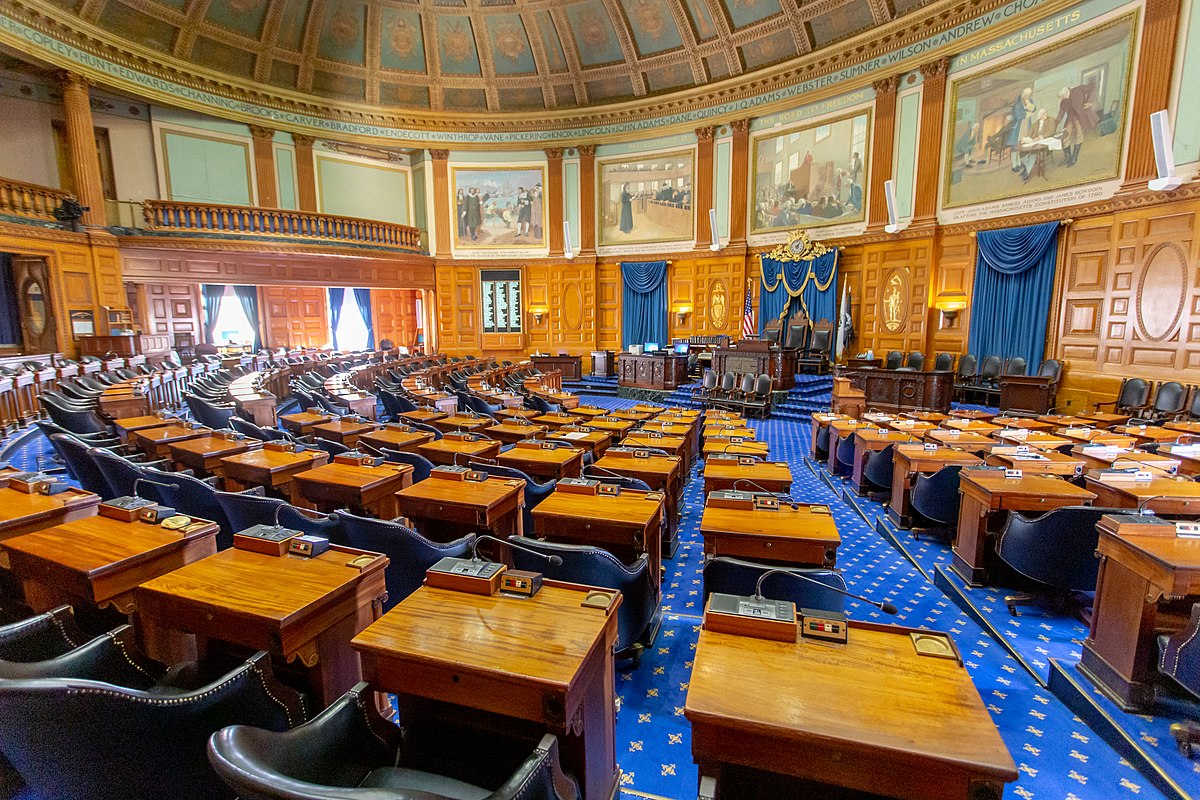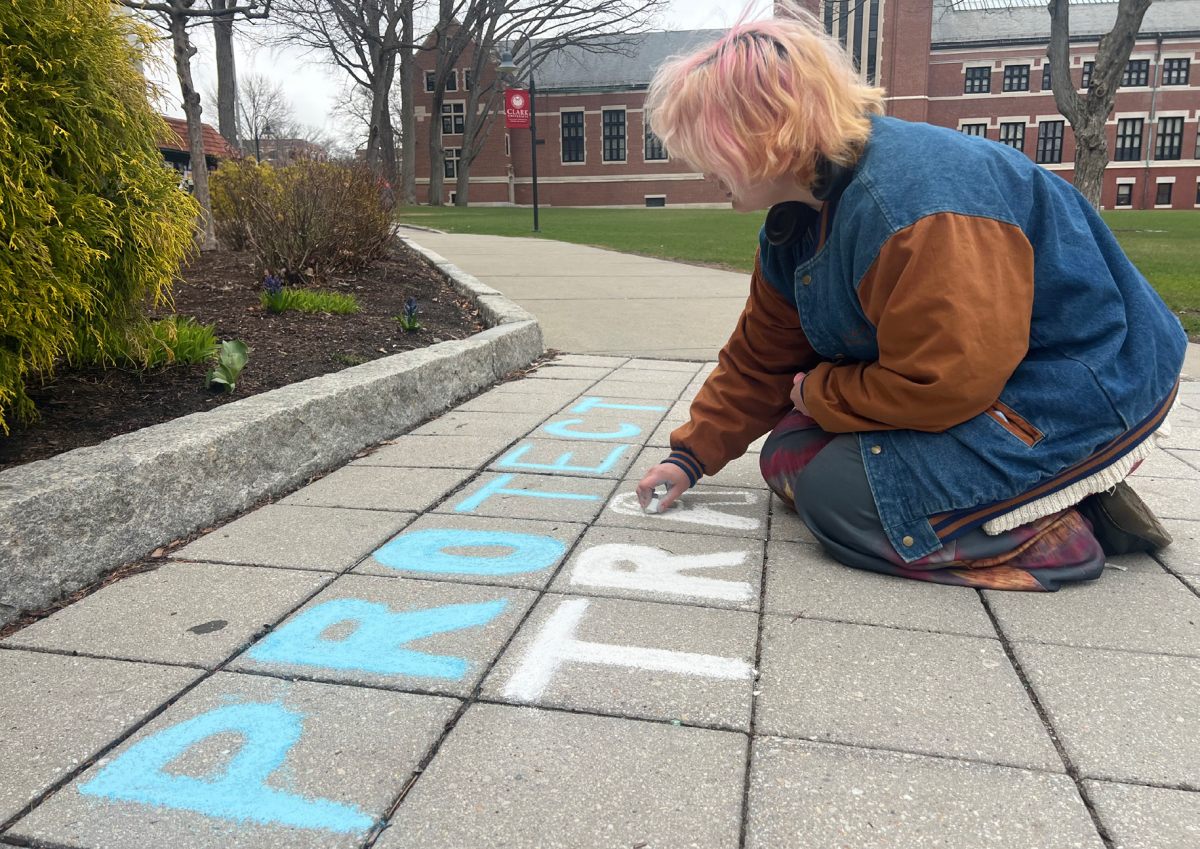Following the Supreme Court’s recent decision to overturn Affirmative Action, a policy that enabled institutions of higher education to consider a student’s race on relevant applications, many such schools have begun to reconsider their admissions policies to comply with the law. In the Massachusetts Legislature, this has led to debates over legacy preferences through bills H.1282 and S.821.
Bill H.1282 is titled “An Act Banning Legacy Preferences in Higher Education,” and is backed by Representative Michael J. Moran of Boston.
According to the bill’s text, H.1282 intends to bar public institutions of higher education from considering a potential applicant’s “familial relationship to a graduate of the institution.” This restriction would prevent schools from requesting that applicants include their relatives’ academic history regarding which institutions of higher education they attended.
Bill S.821, also titled “An Act Banning Legacy Preferences in Higher Education,” would place an outright ban on legacy preferences in higher education. The bill’s text indicates that its stipulations would begin to take effect during the 2024-2025 academic year.
Both bills have been referred to the Joint Committee on Higher Education. Mass.gov notes that the Joint Committee on Higher Education is chaired by Joanne M. Comerford of the State Senate, who represents the Hampshire, Franklin, and Amherst counties and David M. Rogers of the House of Representatives, who represents the 24th Middlesex County.
Education Reform Now (ERN) is a primary backer of the bills up for contention in Massachusetts. ERN is a nonprofit think tank based out of Washington, D.C. that advocates for the allocation of resources in public education. ERN’s President, Joe Williams, is the top official for the PAC Democrats for Education Reform, according to BallotPedia.
ERN has seven state chapters, in Colorado, Connecticut, Louisiana, Massachusetts, New Jersey, New York, and Texas. According to their website, ERN’s top issues are transparency for families to increase trust and to “correct historical inequities” in the classroom, quality, and affordability of higher education, increasing public school options for low-income families, funding lower-income schools across America and boosting teacher “quality and preparation.”
The Scarlet had the opportunity to speak with Mary Tamer, Executive Director of Democrats for Education Reform Massachusetts, the state affiliate for ERN. Tamer is a former member of the Boston School Committee and a past president of the League of Women Voters of Boston.
Curbing legacy admissions at these institutions is seen by some as a method of increasing racial and ethnic diversity on college campuses. According to Tamer, schools such as Amherst College
in Massachusetts who have removed legacy status from their admissions practices have seen their desired results.
“[Amherst] shared a press release [after one year] which detailed the gains they were able to make,” Tamer said. “And so, for example, there were 50 percent less students of legacy background who were in the incoming freshman class and 50 percent more first gen students who were in that incoming class.”
Wesleyan University is another institution that has voluntarily let go of their legacy preference policies. However, because there is no outright ban on legacy admissions, schools have the option to opt into or out of the practice of legacy admissions. Colorado, where one ERN chapter is based, was the first state to pass a ban on legacy preference in public institutions. Connecticut followed suit, but no bans on private institutions using legacy preferences exist.
In 2020, the Wall Street Journal reported that legacy preferences have decreased in America’s top 250 institutions between 2004 and 2015 from 63% to 56%. According to data provided to The Scarlet by Abigail Silverman of Slowey McManus Communications, Massachusetts ranks third in legacy admissions, with nearly 70 percent of its institutions of higher education considering legacy status in some way.
According to self-reported data from the 2022-23 Common Data Set, Clark University does not consider legacy status in its admissions processes, even if they may “collect” such information.
Tamer explained that legacy preferences originated in the 1920s as a method of barring prospective Jewish students from attending institutions of higher education.
“This was a practice created out of bigotry and exclusion. And so here we are 100 years later, and this practice continues,” she said.
According to Forbes, legacy preferences benefit the children of an institution’s alumni by granting them “preferential admissions treatment.” IvyWise reports that this treatment is usually justified by denoting a student’s “emotional connection” to their parents’ alma mater. However, they note that legacy status “won’t matter” if grades, essays, and test scores are poor.
U.S. News & World Report adds that different institutions have different policies on the matter, even if they each use legacy preferences in some way. For example, if the applicant’s grandparent attended the institution in question, that may carry less weight than an applicant whose parent is a prominent figure or donated to the school.
“When it comes to students whose families went to certain institutions, they are six or seven times more likely to get into these institutions over other students,” Tamer said. This disadvantages “low-income students and students of color who are equally matched in every way, except they weren’t born into a family that attended that institution,” she said.
“We know that higher ed admissions is not a level playing field,” Tamer concluded. “It’s not even close.”
Tamer stressed the issue of education inequities and how most students who qualify for legacy preferences are already over-advantaged in Massachusetts. She cited a statistic that fewer than half of school-aged children in Massachusetts are reading at their grade level. For Black students, this number is closer to 70 percent. Her claim appears to be supported by MCAS and federal data for elementary school students across Massachusetts.
“So often, education is given short shrift in anyone’s policy platform,” Tamer said. “And so, we really look to support candidates who are willing to talk about…critical issues around education to ensure that all students are being well-served.”
The passage of these bills depends on the Joint Committee on Higher Education. Tamer explained that members of the House of Representatives and the Senate must vote to pass the bill onto the full Massachusetts House and Senate, where it will face a final vote. Tamer said she was hopeful that H.1282 and S.821 would be passed before the Senate’s November 15, 2023, recess.
“If you know that the status quo isn’t working…we have to change. It is upon us as adults to change that to make sure that all of our kids are successful.”





